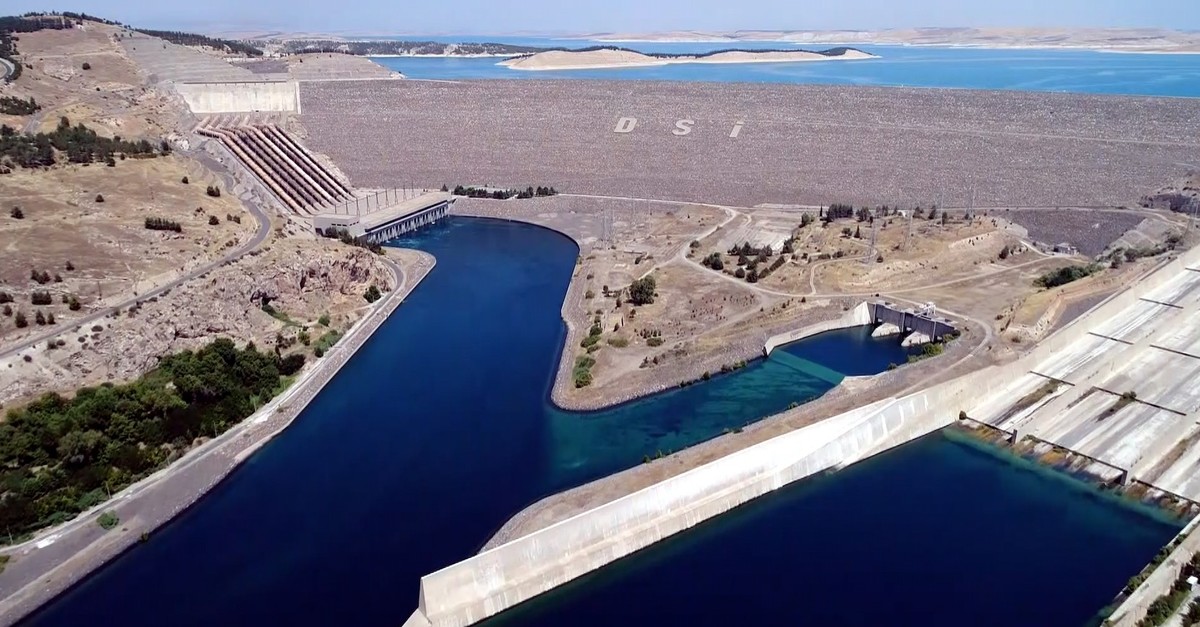Water resources engineering is the quantitative study of the hydrologic cycle — the distribution and circulation of water linking the earth’s atmosphere, land and oceans. Surface runoff is measured as the difference between precipitation and abstractions, such as infiltration (which replenishes groundwater flow), surface storage and evaporation. Applications include the management of the urban water supply, the design of urban storm-sewer systems, and flood forecasting.
Hydraulic engineering consists of the application of fluid mechanics to water flowing in an isolated environment (pipe, pump) or in an open channel (river, lake, ocean). Civil engineers are primarily concerned with open channel flow, which is governed by the interdependent interaction between the water and the channel.
Hydroelectric-power development, water supply, irrigation and navigation are some familiar applications of water resources engineering involving the utilization of water for beneficial purposes. More recently, concern for preserving our natural environment and meeting the needs of developing countries has increased the importance of water resources engineering Civil engineers play a vital role in the optimal planning, design and operation of water resource systems.





